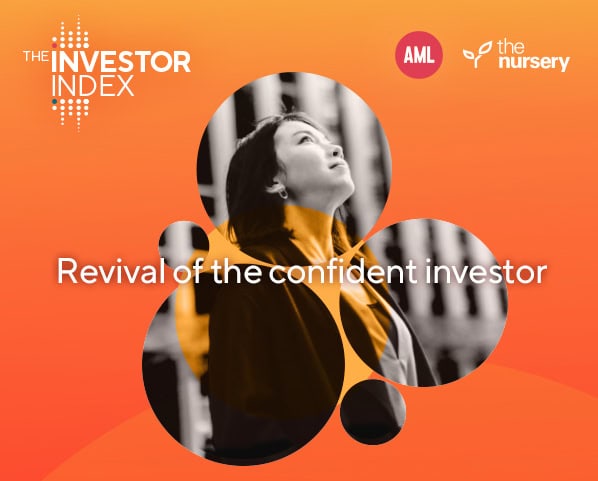In March, Facebook founder Mark Zuckerberg wrote a 6000-word manifesto for the future of his company. Its central theme was that Facebook’s mission is to ‘give people the power to build community and bring the world closer together’. Despite the positive message, it got him into some trouble; he said that groups on Facebook were replacing traditional offline communities, from sports fans to religions. But with two billion people now on Facebook, he may have a point.
There is a growing tension between independence and belonging in the modern world, which Facebook resolves far more easily than nations, religions or other alignments in human society – including businesses. We can see the tension between belonging to Europe or an independent UK; between Catalonia and Spain; between ‘citizen of anywhere’ globalists and the rise of ‘pull up the drawbridge’ nativists.
Big businesses offer a sense of belonging – security and stability, efficiencies of scale, the ability to share and collaborate, a spread of risk. On the other hand, they can be slow and resistant to change; they can impose rules some employees don’t like. Small businesses, like small countries, appear to give people freedom to do and be as they wish. To define their own moral code and system of rules. To be more agile, flexible and in control of their own destiny. Yet being on our own can make us vulnerable and weak, limit our opportunities and create a narrow, blinkered world view.
This tension – between belonging and independence – has existed throughout human history. Facebook resolves the tension by allowing us to move freely between states of independence and belonging, at the tap of a screen. We assert our individual identity, choose the like-minded groups we join, and ‘belong’ at the level (or levels) that suit us from moment to moment. As Mark Zuckerberg says it offers an unparalleled opportunity to bring people together and build community – which is how human society has always made progress.
What is interesting is how few businesses have realised that they are social networks. They often exhibit tensions between independence and belonging, especially once they become global firms with many subsidiaries and complex organizational structures. With some exceptions (Facebook itself being one, with its new Workplace platform) most businesses are comparatively rigid, hierarchical, fragmented and quite bad at connecting people.
Behaving like a social network – encouraging individualism, fostering self-selecting groups around interests and skills, while enabling those inside and outside to navigate, follow, share and collaborate across one seamless system – goes against much of how we think businesses need to be run. It involves risk, and lots of data crunching. Yet it seems inevitable as the digital natives take over the world; a more efficient, more effective and more human way of doing business is the future. The future is, as it always has been, social.
A version of this article first appeared in Chartered Banker magazine


